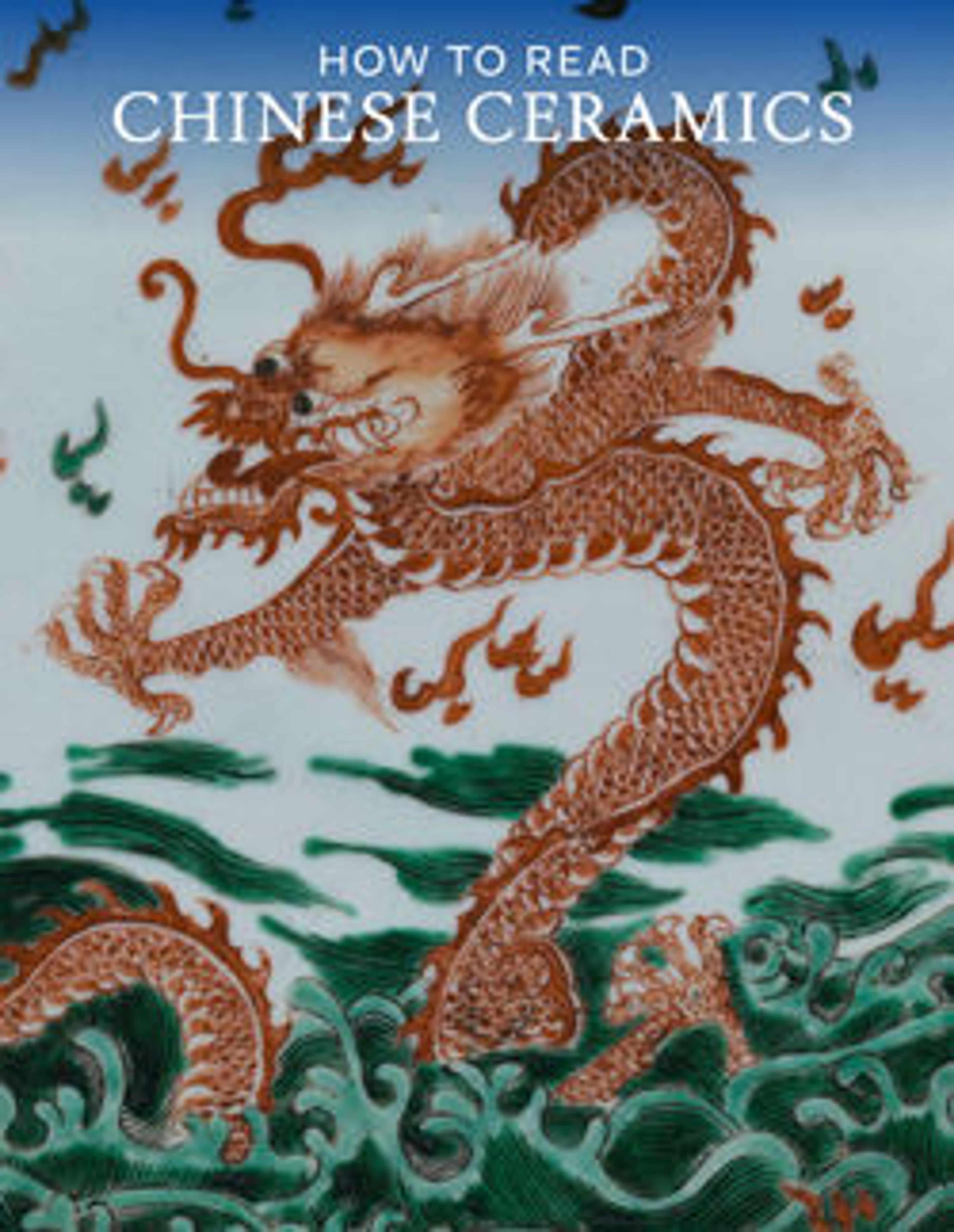Jar (Hu)
Artwork Details
- Title: Jar (Hu)
- Period: Neolithic, Majiayao culture, Banshan phase
- Date: ca. 2650–2350 BCE
- Culture: China
- Medium: Earthenware with painted decoration
- Dimensions: H. 13 3/8 in. (34 cm)
- Classification: Ceramics
- Credit Line: Charlotte C. and John C. Weber Collection, Gift of Charlotte C. and John C. Weber, 1992
- Object Number: 1992.165.9
- Curatorial Department: Asian Art
Audio
7395. Jar (Hu), Part 1
Gallery 207
This Chinese jar dates to the Neolithic era, during the latter half of the second millennium BC. The rounded form is common among prehistoric ceramics from many parts of the world. But look closely at the patterns around the shoulder and the mouth of the vessel. You can see individual strokes of the brush used to paint these lines by hand. Linear designs appear on the earliest jars from northwest China, like this example from the upper basin of the Yellow River. Over time, this linearity became the essence of Chinese art. This is especially evident in the twin arts of Chinese calligraphy and painting, both of which encourage close contemplation of the unique qualities of the painted line.
Listen to more about this artwork
More Artwork
Research Resources
The Met provides unparalleled resources for research and welcomes an international community of students and scholars. The Met's Open Access API is where creators and researchers can connect to the The Met collection. Open Access data and public domain images are available for unrestricted commercial and noncommercial use without permission or fee.
To request images under copyright and other restrictions, please use this Image Request form.
Feedback
We continue to research and examine historical and cultural context for objects in The Met collection. If you have comments or questions about this object record, please contact us using the form below. The Museum looks forward to receiving your comments.
